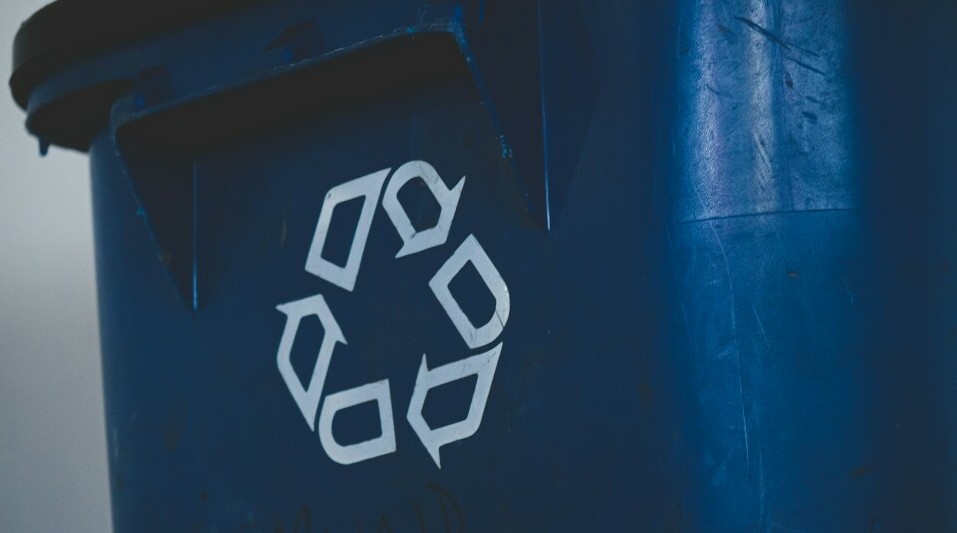
I’m going to get straight to the point: recycling isn’t just an eco-friendly action; it’s also a plausible way to put some extra cash in your pocket. Now, let’s talk about how recycling can turn into a revenue stream. Various materials like glass, aluminum, plastics, and paper have their own market value and buyers looking to purchase. It’s all about knowing what these materials are worth and who’s buying.
So, what exactly is the value of recyclable materials? It’s a fluctuating market, much like stocks. Aluminum cans, for instance, are a recycling mainstay – consistently in demand and easy to process. Glass bottles, on the other hand, can be slightly less lucrative due to weight and transportation costs. Don’t worry too much about memorizing prices; they’re going to change, but most centers display their current rates.
Now, organizing your recyclables is essential. It’s not just about tossing everything into a bin. Choose something that resonates with you, whether it’s setting up separate bins for each material or developing a system to clean and sort materials efficiently. Your local recycling facility may have specific requirements for how materials should be delivered, so keep that in mind.
Finally, to close out this section, let’s touch on finding local buy-back centers. You can usually do a quick online search for places that’ll pay you for your recyclables. These centers often list their prices, which helps you estimate your potential earnings. Remember, the key here is starting small and scaling up as you get more comfortable with the process.
Maximizing Your Recycling Earnings
You’re going to find out about turning your recycling efforts into a worthwhile financial venture. First off, recognize that not all recyclable materials are created equal. Some items, like copper and aluminum, can fetch a heftier sum than others.
I’m going to share a key strategy: monitoring the market. Believe it or not, scrap material prices fluctuate. If you’re not in a hurry, keep an eye on the market and sell when rates are high. It’s similar to stock trading, but with recyclables!
Building a rapport with local scrap dealers can lead to better rates and insider information on the best times to sell. They can also save you time by informing you which materials are in demand.
I’m here to help you navigate the niche opportunities as well. For instance, old cell phones and computers aren’t just electronic waste; they’re often treasure troves of valuable metals. Many companies offer specific programs to buy these items, not just for their recyclability but also for the precious metals inside.
Merging Sustainability with Profit
You’re going to find out about how recycling isn’t just good for the planet; it can be good for your wallet too. The act of recycling goes beyond merely turning in scrap for cash; it’s a responsible choice that contributes to sustainability. When you recycle, you’re part of a larger movement that reduces the need for raw material extraction, thus preserving natural resources.
Take a moment to consider the success stories of people and businesses that have turned recycling into a profitable venture. I’m talking about individuals who’ve created a steady income from collecting materials, as well as companies that have built their brand around the green economy. Their achievements demonstrate that with the right approach, you can make a meaningful environmental impact while also earning money.
I’m here to help you understand that balancing ecological impact with earning potential isn’t just possible – it’s practical. Choose something that resonates with you, whether it’s collecting aluminum cans, monetizing old electronics, or even turning used cooking oil into biodiesel. Each act of recycling doesn’t just add a few extra dollars to your pocket; it also conserves energy and minimizes pollution.
Don’t worry too much about the scale at which you begin. You can always adjust your approach down the road. Start small, with household items, and as you learn the ropes, expand your efforts. Remember, every bit counts, both in terms of environmental conservation and your potential profit margin.
Legal and Safety Considerations in Recycling for Cash
Now, navigating the recycling business requires a keen awareness of the rules that govern it. It’s not just about the money; it’s about doing things the right way.
You’re going to find out about the vital importance of understanding local and national laws regarding recycling. Some materials, especially hazardous ones, are regulated, and mishandling them can lead to hefty fines.
Safety isn’t a buzzword; it’s a practice. You’ll want to glove up and take precautions to avoid cuts, bruises, or worse when handling and transporting materials.
Recycling electronics? That’s where things can get tricky. E-waste is a growing concern, and laws are strict about how to handle it. Don’t worry too much about the complexity though; I’m here to help you through it.
I want to emphasize the need to safeguard your personal data. In my opinion, securely wiping or destroying hard drives and data storage devices before recycling is non-negotiable.
In closing, standing on the right side of the law and protecting yourself are just as critical as earning money from recycling. Choose practices that resonate with you, are legal, and place your safety first. Always keep informed as regulations change. Remember, your health and preserving the law is not worth any amount of money you can earn from recycling.




